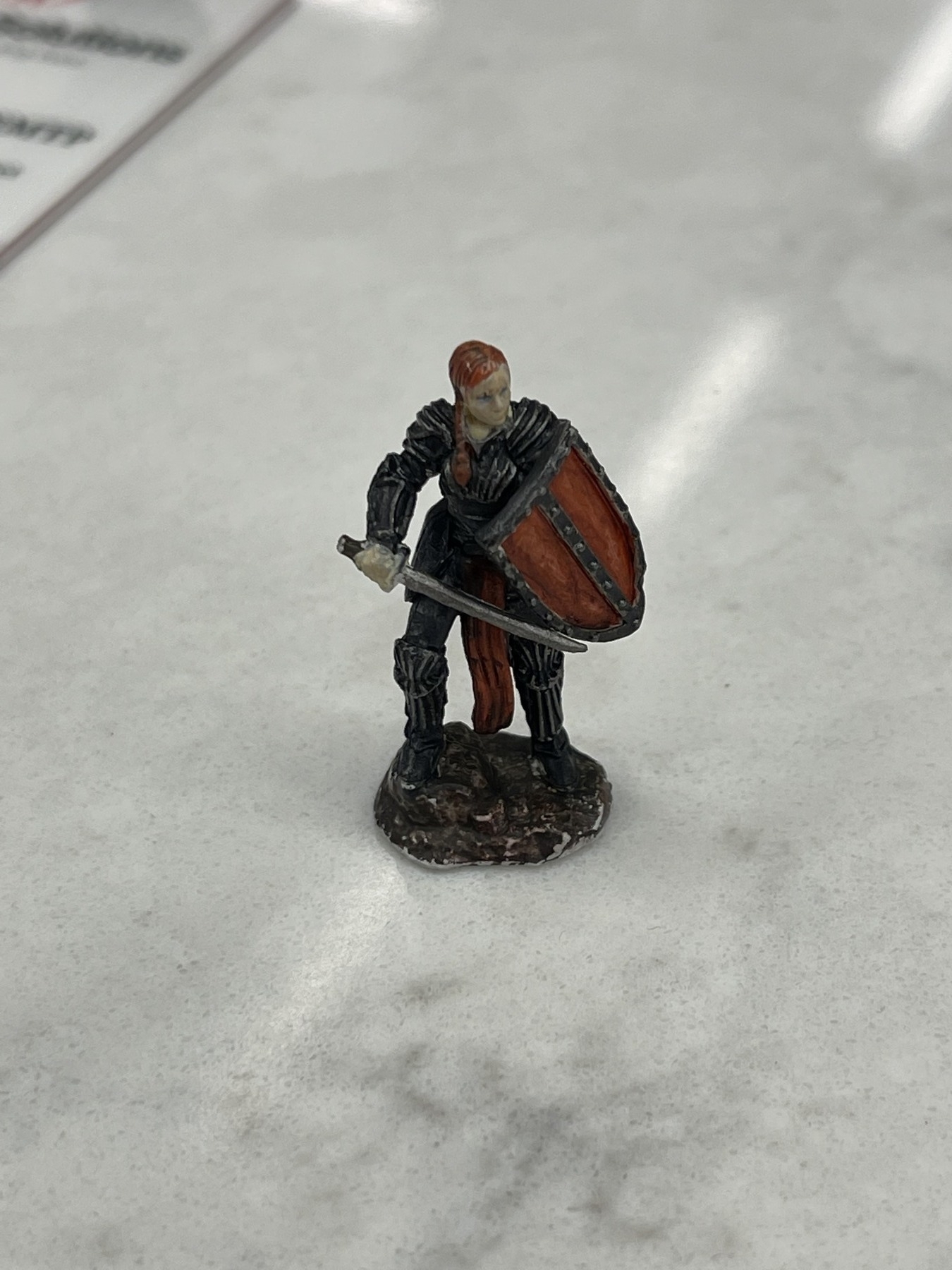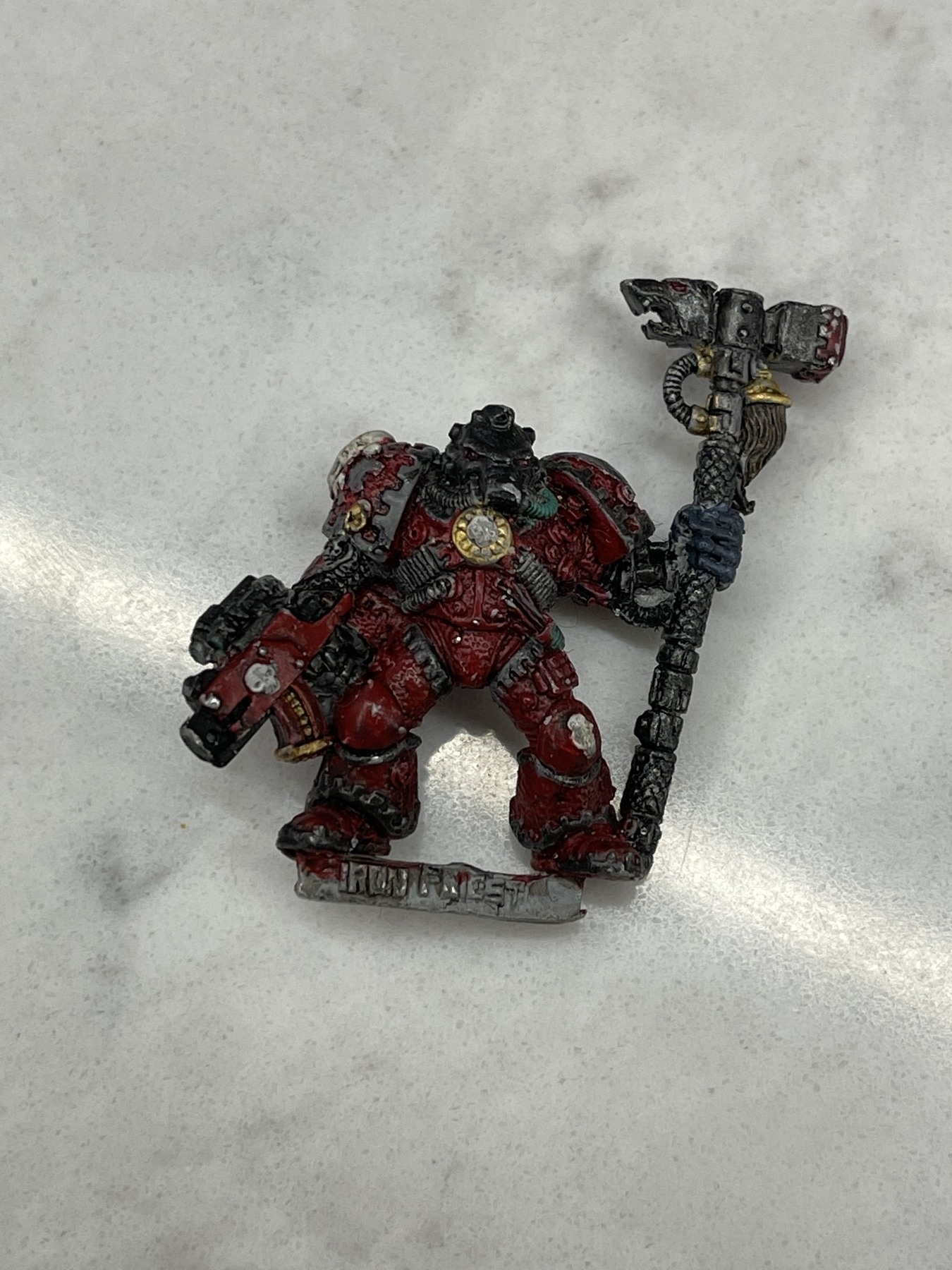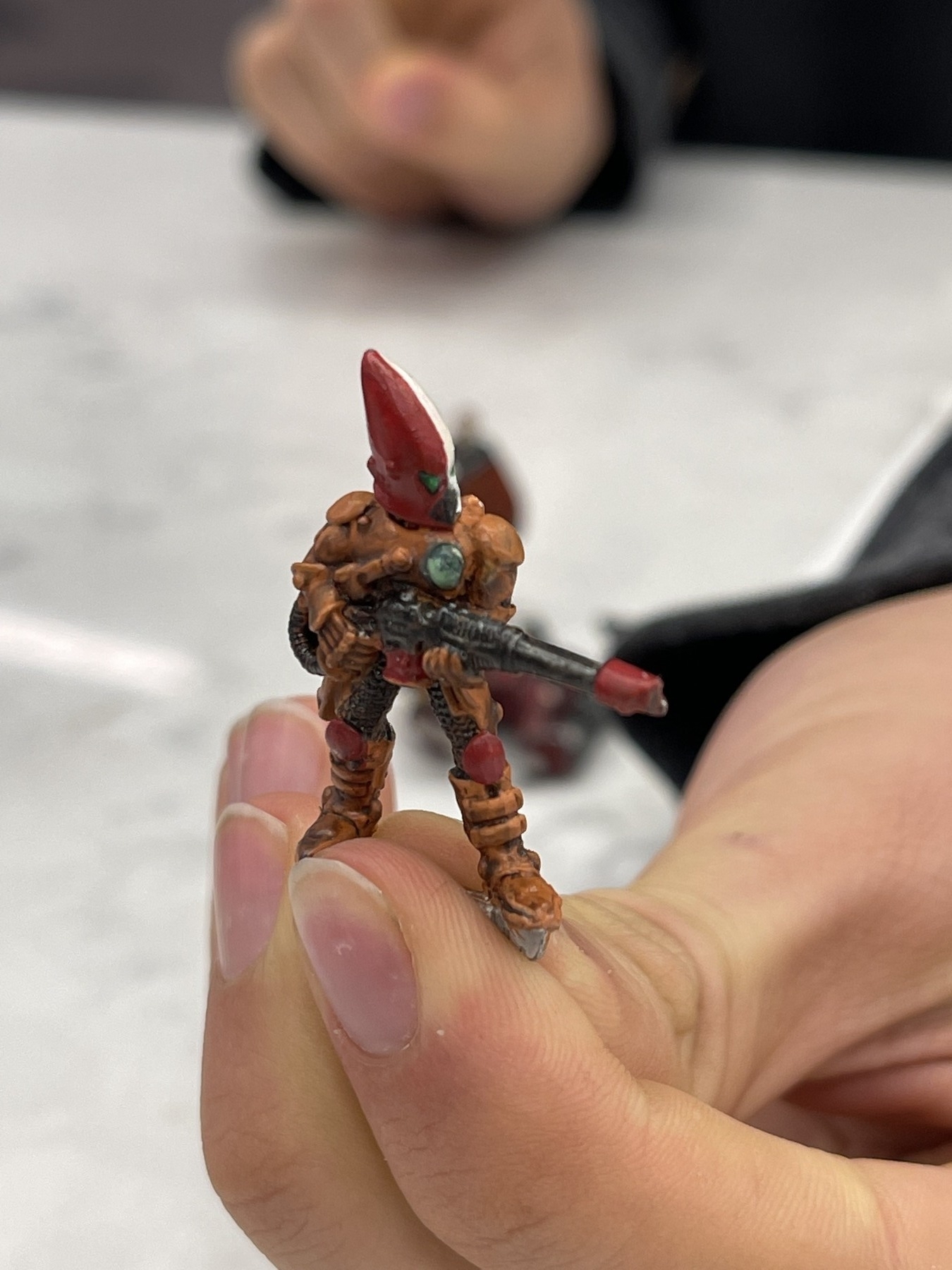The Arc of a Scythe Series, by Neal Shusterman
The series was good at the beginning, before it REALLY shifted into sci-fi political intrigue. (I think I just have a thing for entering without any assumptions, so maybe that’s why the first book always hits harder.)
Basically, in the post-mortal future, the most ethical and intelligent people are chosen to be Scythes, whose job is to control the population in an immortal world overseen by a perfect AI. However, being a Scythe means being completely exempt from normal law and the mentioned perfect AI, along with access to anything they want. You can see why this might be an issue. Eventually, some of the newer Scythes turn out to be not-so-ethically-minded, and results in a power-grab and the fight for morality.
Anyways, it seeks to answer what is right and what is not, from a perfect AI bending or breaking its own rules, possibly for personal reasons, but always for the greater good, to a moody vigilante justifying his murders and a back from the dead flat-out crazy Scythe seeking to exterminate as many people as possible, no matter what rules he has to break or who he has to kill.
The theme is present, but the mood is arguable, with a noticeable slow and rapid introductions after the first book; it doesn’t feel like the same world anymore. Perhaps this is intentional, but it feels like the second and third books were made post-haste, shifting from a world just like our own to a mythical futuristic setting.
All in all, 3.5/5, but if I were rating the first book alone, 4/5. The first book stresses the morality of being in charge of controlling population and killing in kindness, in comparison with a person who just doesn’t care, and that makes it worthy of reading. The next two however just don’t have the same feeling, and instead it turns into a race to obtain the secret weapon to stop the bad guy.


